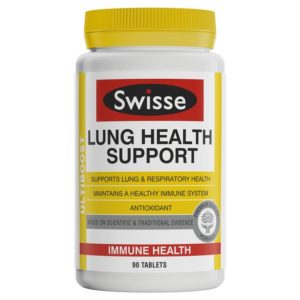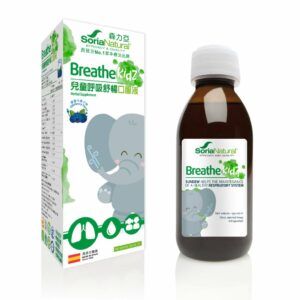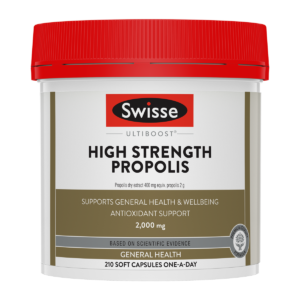
Weather changes can exacerbate asthma attacks; do not rely excessively on diastolic medications.
Asthma is a common chronic respiratory disease that, if not properly controlled, can lead to severe attacks and even be life-threatening. Many asthma patients, due to resistance to steroids or misjudging their condition, become overly reliant on bronchodilators, delaying treatment and worsening their condition. Dr. Kwong Kwok-chu, a respiratory specialist, reminds patients that asthma treatment cannot rely solely on bronchodilators; inhaled steroids may be necessary, and regular checkups are essential for effective disease control.
The severity and fatality risk of asthma
More than 330,000 people in Hong Kong suffer fromasthmaEach year, approximately 70-90 people die from asthma, about 30 of whom are adults. Delayed medical attention, over-reliance on bronchodilators, interruption of treatment, or failure to detect worsening symptoms in time can all lead to worsening asthma and even death.
Asthma treatment: The difference between controller medications and reliever medications
Dr. Kwong pointed out that the goal of asthma treatment is to completely control the condition and stabilize it.Lung functionIt's not just about relieving symptoms. Doctors need to continuously assess the patient's response to medication to prevent future attacks. External factors such as inhaled allergens, air pollution, and weather changes, as well as indoor allergens such as dust mites and pet dander, can all trigger asthma, causing symptoms such as wheezing, chest tightness, and coughing.
Asthma medications are divided into "controller medications" and "relieving medications." Inhaled steroids are "controller medications," possessing anti-inflammatory effects that reduce acute attacks, control the condition, and stabilize lung function. "Relieving medications," on the other hand, have a bronchodilator effect but cannot control asthma.TracheitisOver-reliance on "relief medications" may actually worsen symptoms and even cause "tracheal remodeling," leading to permanent tracheal damage and obstruction. Dr. Kwong emphasizes that "control medications" should be used when necessary to effectively manage asthma.
Case Study: The Consequences of Resisting Steroids
Dr. Kwong shared a case of an asthma patient in his 40s. This patient had suffered from asthma since childhood, but due to resistance to inhaled steroids, he only used "relief medications" during attacks to ease symptoms, ultimately leading to "bronchial remodeling" and permanent lung damage. Currently, this patient needs to continuously take medication to control the progression of his condition. In fact, only about 101 TP4T asthma patients can truly control their condition effectively.
Asthma treatment requires a proactive approach; diagnosing the condition solely based on symptoms is ineffective. Regular medical checkups and adherence to prescribed medications are crucial for effective asthma control, preventing disease progression, and ensuring respiratory health. Never discontinue medication on your own or become overly reliant on bronchodilators, as this can delay proper treatment.






































































